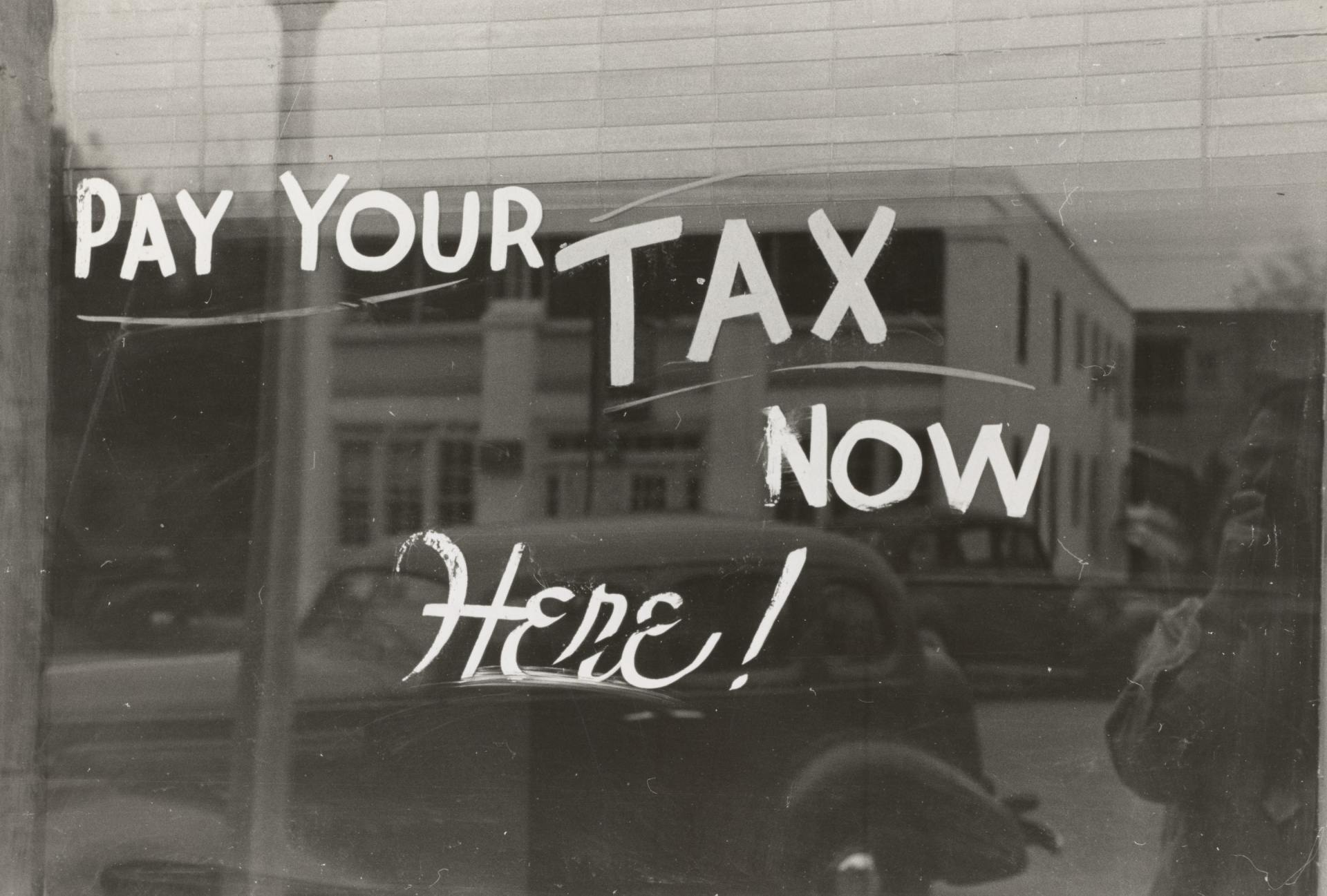Blog Layout
Credit Reports: What You Should Know
Aug 23, 2019
Creditors keep their evaluation standards secret, making it difficult to know just how to improve your credit rating. Nonetheless, it is still important to understand the factors that determine creditworthiness. Periodically reviewing your credit report can also help you protect your credit rating from fraud--and you from identity theft.
Credit Evaluation Factors
Many factors are used in determining credit decisions. Here are some of them:
- Payment history/late payments
- Bankruptcy
- Charge-offs (Forgiven debt)
- Closed accounts and inactive accounts
- Recent loans
- Cosigning an account
- Credit limits
- Credit reports
- Debt/income ratios
- Mortgages
Obtaining Your Credit Reports
Credit reports are records of consumers' bill-paying habits, but do not include FICO credit scores. Also referred to as credit records, credit files, and credit histories, they are collected, stored, and sold by three credit bureaus, Experian, Equifax, and TransUnion.
The Fair Credit Reporting Act (FCRA) requires that each of the three credit bureaus provide you with a free copy of your credit report, at your request, every 12 months. If you have been denied credit or believe you've been denied employment or insurance because of your credit report, you can request that the credit bureau involved provide you with a free copy of your credit report - but you must request it within 60 days of receiving the notification.
You can check your credit report three times a year for free by requesting a credit report from a different agency every four months.
Fair Credit Reporting Act (FCRA)
This federal law was passed in 1970 to give consumers easier access to, and more information about, their credit files. The FCRA gives you the right to find out the information in your credit file, to dispute information you believe inaccurate or incomplete, and to find out who has seen your credit report in the past six months.
Understanding Your Credit Report
Credit reports contain symbols and codes that are abstract to the average consumer. Every credit bureau report also includes a key that explains each code. Some of these keys decipher the information, but others just cause more confusion.
Read your report carefully, making a note of anything you do not understand. The credit bureau is required by law to provide trained personnel to explain it to you. If accounts are identified by code number, or if there is a creditor listed on the report that you do not recognize, ask the credit bureau to supply you with the name and location of the creditor so you can ascertain if you do indeed hold an account with that creditor.
If the report includes accounts that you do not believe are yours, it is extremely important to find out why they are listed on your report. It is possible they are the accounts of a relative or someone with a name similar to yours. Less likely, but more importantly, someone may have used your credit information to apply for credit in your name. This type of fraud can cause a great deal of damage to your credit report, so investigate the unknown account as thoroughly as possible.
In light of numerous credit card and other breaches, it is recommended that you conduct an annual review of your credit report. It is vital that you understand every piece of information on your credit report so that you can identify possible errors or omissions.
Disputing Errors
The Fair Credit Reporting Act (FCRA) protects consumers in the case of inaccurate or incomplete information in credit files. The FCRA requires credit bureaus to investigate and correct any errors in your file.
If you find any incorrect or incomplete information in your file, write to the credit bureau and askthem to investigate the information. Under the FCRA, they have about thirty days to contact the creditor and find out whether the information is correct. If not, it will be deleted.
Be aware that credit bureaus are not obligated to include all of your credit accounts in your report. If, for example, the credit union that holds your credit card account is not a paying subscriber of the credit bureau, the bureau is not obligated to add that reference to your file. Some may do so, however, for a small fee.
If you need help obtaining your credit reports or need assistance in understanding what your credit report means, don't hesitate to call.

23 Aug, 2019
Many people use a tax professional to prepare their taxes. Anyone who prepares, or assists in preparing, all or substantially all of a federal tax return for compensation is required to have a valid Preparer Tax Identification Number (PTIN). All enrolled agents must also have a valid PTIN. If you choose to have someone prepare your federal tax return, then you should know who can represent you before the IRS if there is a problem with your return. Here's what you should know: Representation rights, also known as practice rights, fall into two categories: Unlimited Representation Limited Representation Unlimited representation rights allow a credentialed tax practitioner to represent you before the IRS on any tax matter. This is true no matter who prepared your return. Credentialed tax professionals who have unlimited representation rights include: Enrolled agents Certified Public Accountants Attorneys Limited representation rights authorize the tax professional to represent you if, and only if, they prepared and signed the return. They can do this only before IRS revenue agents, customer service representatives and similar IRS employees. They cannot represent clients whose returns they did not prepare. They cannot represent clients regarding appeals or collection issues even if they did prepare the return in question. For returns filed after December 31, 2015, the only tax return preparers with limited representation rights are Annual Filing Season Program Participants. The Annual Filing Season Program is a voluntary program. Non-credentialed tax return preparers who aim for a higher level of professionalism are encouraged to participate. Other tax return preparers have limited representation rights, but only for returns filed before January 1, 2016. Keep these changes in mind and choose wisely when you select a tax return preparer.

23 Aug, 2019
August 12 Employees Who Work for Tips - If you received $20 or more in tips during July, report them to your employer. You can use Form 4070. Employers - Social Security, Medicare, and withheld income tax. File Form 941 for the second quarter of 2019. This due date applies only if you deposited the tax for the quarter in full and on time. August 15 Employers - Non-payroll withholding. If the monthly deposit rule applies, deposit the tax for payments in July. Employers - Social Security, Medicare, and withheld income tax. If the monthly deposit rule applies, deposit the tax for payments in July.

23 Aug, 2019
The two new variations of tax-related scams that are currently making the rounds are what the IRS has dubbed the "SSN Hustle" and the "Fake Tax Agency." The first involves Social Security numbers (SSNs) related to tax issues and the second threatens people with a tax bill from a fictional government agency. Both display classic signs of being scams. The SSN Hustle The latest twist includes scammers claiming to be able to suspend or cancel the victim's Social Security number. In this variation, the Social Security cancellation threat scam is similar to and often associated with the IRS impersonation scam. It is yet another attempt by con artists to frighten people into returning "robocall" voicemails. Scammers may mention overdue taxes in addition to threatening to cancel the person's SSN. Fake Tax Agency This scheme involves the mailing of a letter threatening an IRS lien or levy. The lien or levy is based on bogus delinquent taxes owed to a non-existent agency, "Bureau of Tax Enforcement." There is no such agency. The lien notification scam also likely references the IRS to confuse potential victims into thinking the letter is from a legitimate organization. A Reminder about Phone and Email Phishing Scams The IRS does not leave prerecorded, urgent or threatening messages. In many variations of the phone scam, victims are told if they do not call back, a warrant will be issued for their arrest. Other verbal threats include law-enforcement agency intervention, deportation or revocation of licenses. Criminals can fake or "spoof" caller ID numbers to appear to be from anywhere in the country, including an IRS office. This prevents taxpayers from being able to verify the true caller ID number. Fraudsters also have spoofed local sheriff's offices, state departments of motor vehicles, federal agencies, and others to convince taxpayers the call is legitimate. The IRS does not initiate contact with taxpayers by email to request personal or financial information. The IRS initiates most contacts through regular mail delivered by the United States Postal Service. There are, however, special circumstances when the IRS will call or come to a home or business. Examples of when this might occur include times when a taxpayer has an overdue tax bill, a delinquent tax return or a delinquent employment tax payment, or the IRS needs to tour a business as part of a civil investigation (such as an audit or collection case) or during a criminal investigation. If a taxpayer receives an unsolicited email that appears to be from either the IRS or a program closely linked to the IRS that is fraudulent, report it by sending it to phishing@irs.gov. The Report Phishing and Online Scams page provides additional details. Taxpayers should also note that the IRS does not use text messages or social media to discuss personal tax issues, such as those involving bills or refunds. If you have any questions or concerns about tax scams, help is just a phone call away.
6341 Clayton Rd, 1st Floor
St. Louis, MO, 63117
Fax: (314) 553-9293mail@elder-assoc-cpa.com
Website design by Over Town Agency
© 2024
All Rights Reserved | Elder & Isaac CPA

